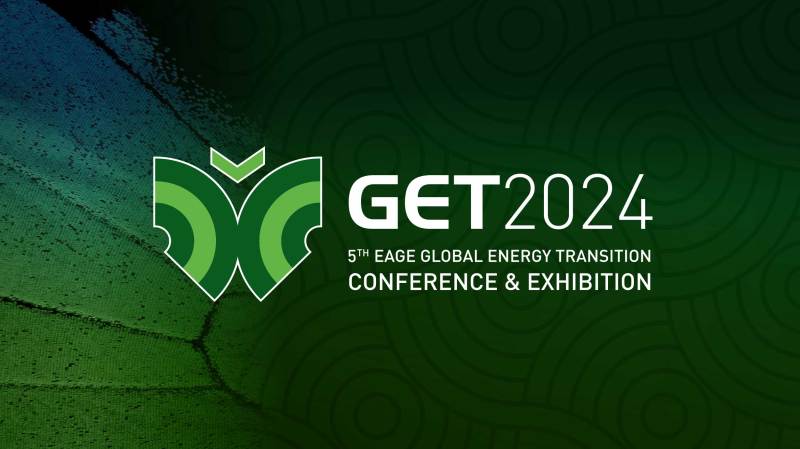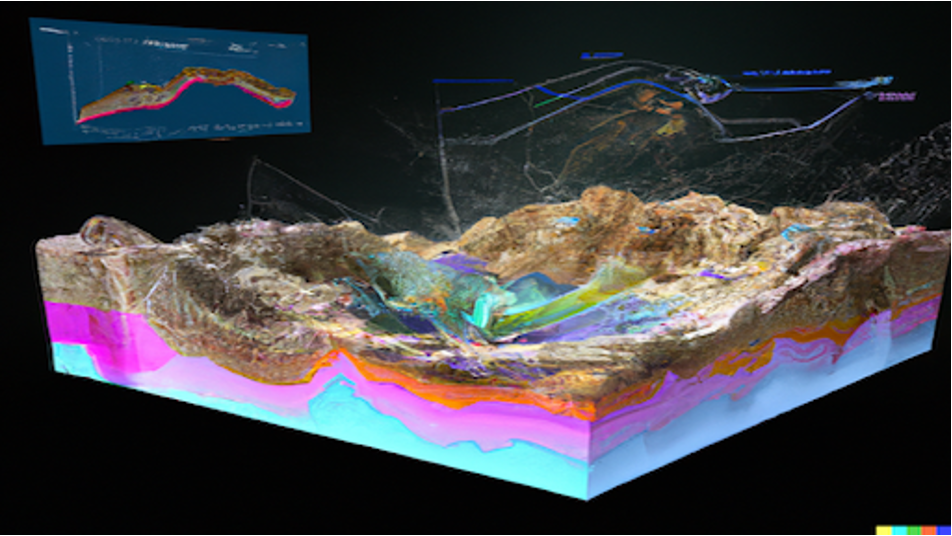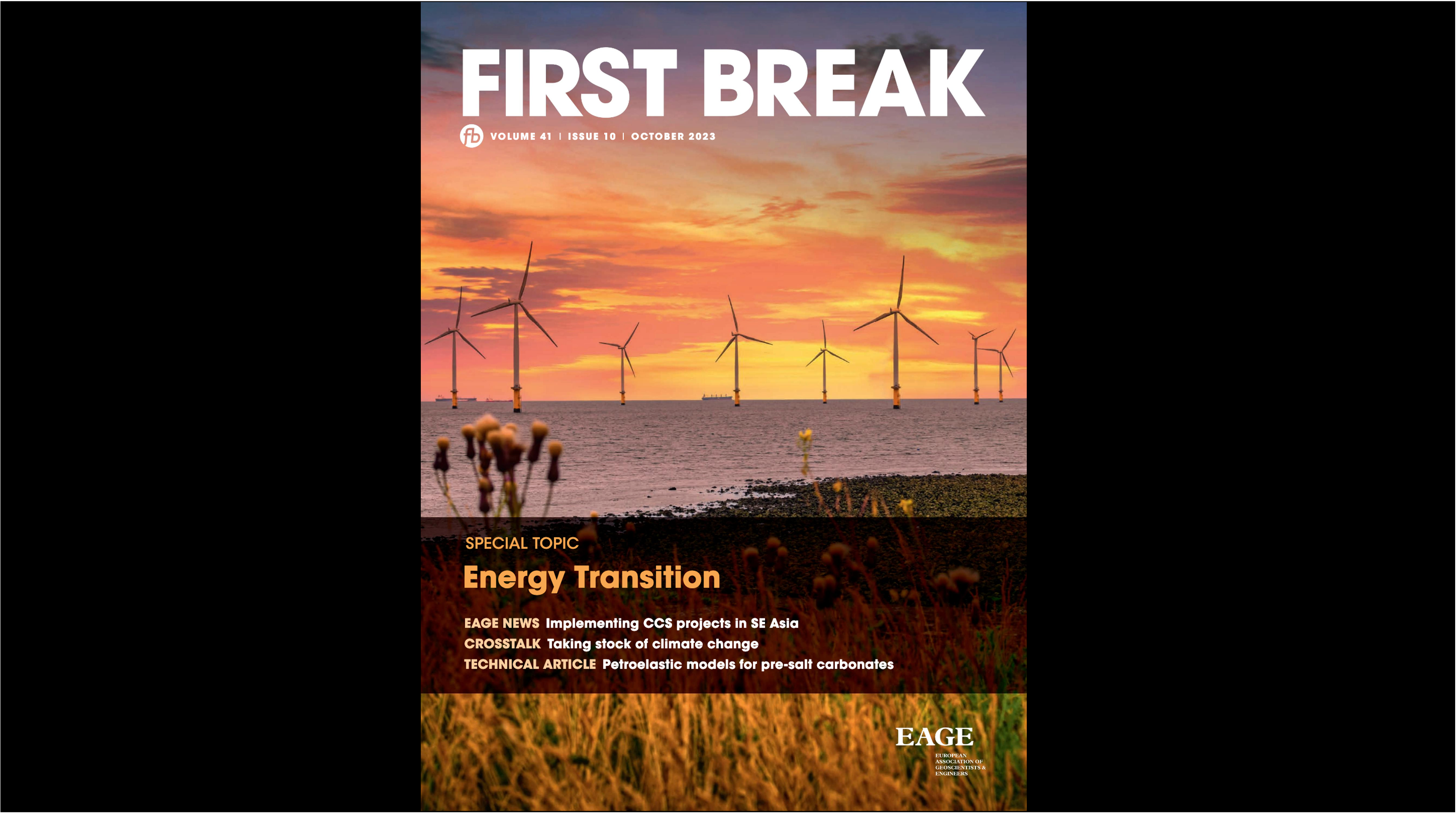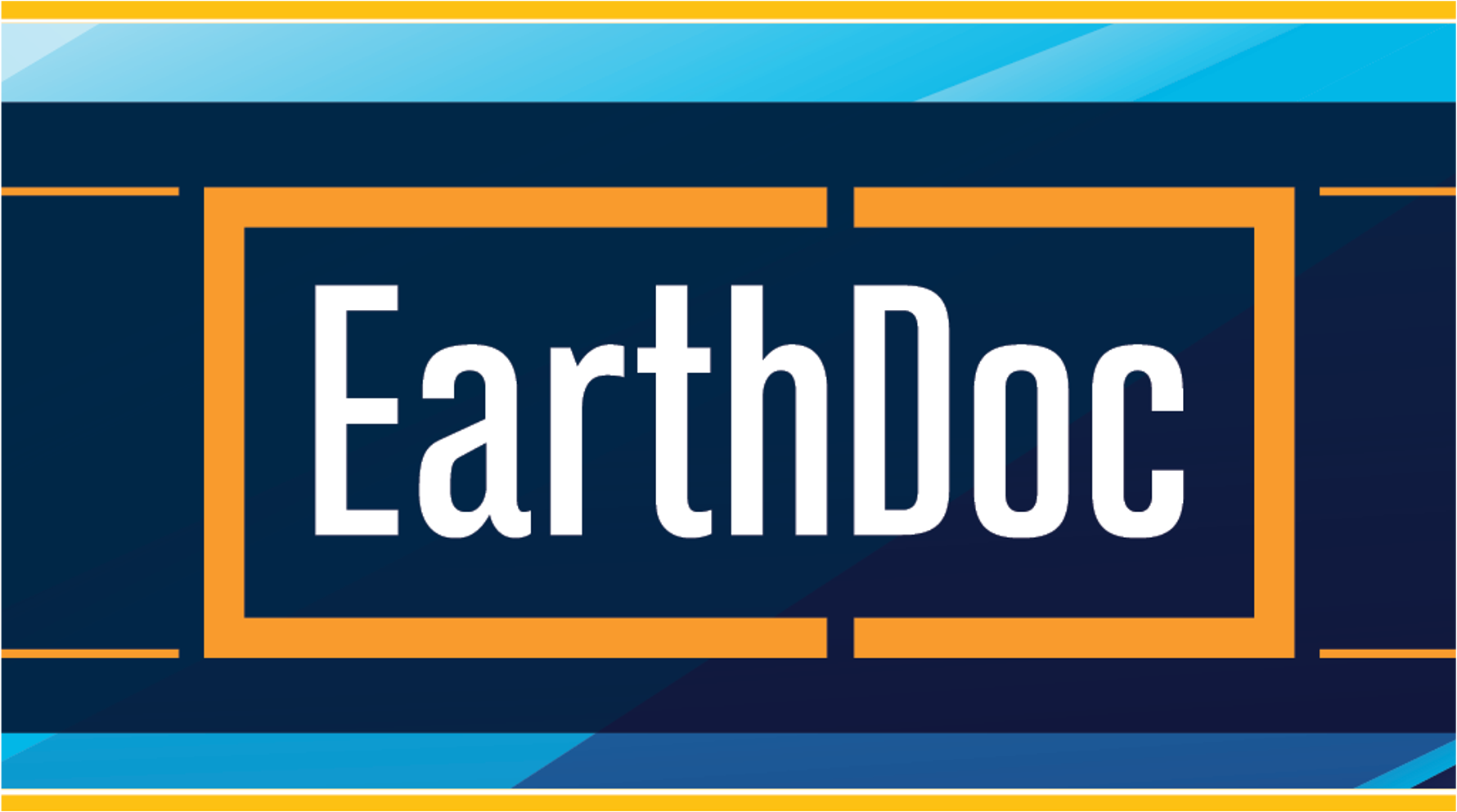2021
Siddharth Misra

Prof Dr Siddharth Misra’s research focuses on improving subsurface characterization and prospect evaluation for the exploration of hydrocarbons, minerals and water resources.
His major contribution is in the theory of electromagnetic responses of geological formations to various charge polarization phenomena. The theory has enabled him to introduce a multi-frequency electromagnetic log-inversion technique to remove dielectric effects for improved estimation of hydrocarbon pore volume.











